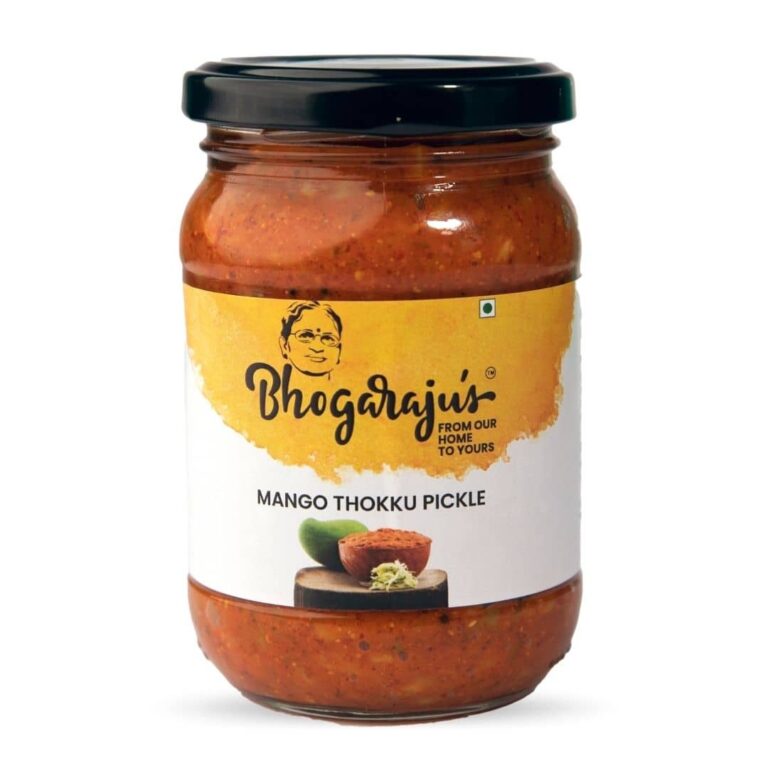The Impact of Food on Cricket Performance
To excel in cricket, players must pay close attention to their nutritional intake. Proper nutrition plays a pivotal role in enhancing athletic performance, including agility, endurance, and recovery. By fueling their bodies with the right balance of nutrients, cricketers can maximize their potential on the field and maintain peak physical condition throughout the season.
Carbohydrates are a key component of a cricketer’s diet as they serve as the primary source of energy during intense physical activity. Consuming an adequate amount of carbohydrates ensures that players have the stamina required to perform at their best during training sessions and matches. By incorporating complex carbohydrates such as whole grains, fruits, and vegetables into their meals, cricketers can sustain their energy levels and optimize their on-field performance.
The Role of Carbohydrates in Cricket Performance
Carbohydrates play a crucial role in fueling cricket players during training sessions and matches. As the primary source of energy for the muscles, carbohydrates are essential for maintaining the energy levels needed for optimal performance on the field. Without an adequate intake of carbohydrates, players may experience fatigue and decreased endurance, impacting their overall performance.
In addition to providing energy, carbohydrates also play a role in recovery and muscle repair post-exercise. Consuming carbohydrates after intense training sessions or matches helps replenish glycogen stores in the muscles, promoting faster recovery and reducing the risk of injury. Including carbohydrate-rich foods in a cricket player’s diet is therefore vital for sustaining energy levels, facilitating muscle recovery, and enhancing overall performance on the cricket field.
• Carbohydrates are the primary source of energy for muscles
• Inadequate intake can lead to fatigue and decreased endurance
• Consuming carbohydrates post-exercise helps replenish glycogen stores
• Carbohydrate-rich foods are essential for sustaining energy levels
• Facilitates muscle recovery and enhances overall performance on the field
Importance of Protein for Cricket Players
Protein is an essential component of a cricketer’s diet as it plays a crucial role in muscle repair and recovery. During intense training sessions and matches, cricket players put immense strain on their muscles, leading to tiny tears that need to be repaired for muscle growth and performance improvement. Protein provides the necessary building blocks, amino acids, that aid in this repair process, helping players recover quicker and be ready for the next match or training session. Including protein-rich foods like lean meats, eggs, dairy, and plant-based sources in their diet is vital for cricket players to maintain and improve their performance on the field.
Moreover, protein is also crucial for supporting the immune system of cricket players, who are constantly exposed to physical stress and potential illness due to their demanding training and match schedules. Adequate protein intake helps in the production of antibodies that are essential for fighting off infections and keeping players healthy throughout the season. By prioritizing protein in their nutrition plan, cricket players can not only enhance their muscle recovery and performance but also strengthen their immune system to stay at the top of their game.
What role does nutrition play in a cricket player’s performance?
Nutrition plays a crucial role in a cricket player’s performance as it provides the necessary fuel and nutrients to support physical activity and recovery.
Why are carbohydrates important for cricket players?
Carbohydrates are important for cricket players as they provide the energy needed for quick bursts of activity during the game.
How does protein benefit cricket players?
Protein is essential for cricket players as it helps repair and build muscle tissue, supports recovery after intense training sessions, and aids in overall performance on the field.
How much protein should a cricket player consume daily?
The recommended daily protein intake for cricket players varies depending on factors such as age, weight, and activity level. It is best to consult with a nutritionist or sports dietitian to determine individual protein needs.







